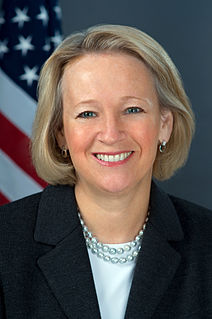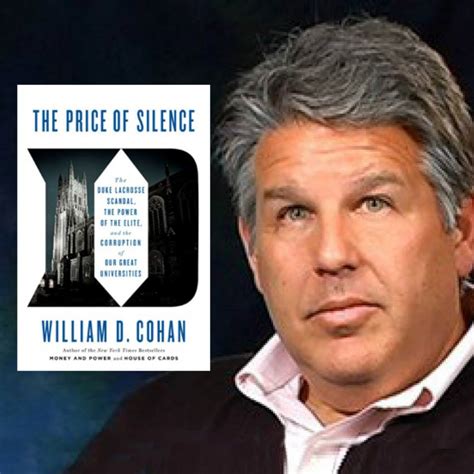A Quote by Alex Berenson
While Wall Street firms typically underwrite offerings in teams, the lead underwriter, or manager, of the offering has primary responsibility for selling the offering and reaps much of the fees and profit.
Related Quotes
Brokerage firms and their executives cannot use threats regarding research activities as a way to obtain investment banking business. The threat to drop research coverage if Piper were not selected as the lead underwriter for a secondary offering was totally inappropriate and undermines the integrity of the market.
The dirty little secret of what used to be known as Wall Street securities firms-Goldman Sachs, Morgan Stanley, Merrill Lynch, Lehman Brothers, and Bear Stearns-was that every one of them funded their business in this way to varying degress, and every one of them was always just twenty-four hours away from a funding crisis. The key to day-to-day survival was the skill with which Wall Street executives managed their firms' ongoing reputation in the marketplace.
While no one wishes to incur losses, you couldn't prove it from an examination of the behavior of most investors and speculators. The speculative urge that lies within most of us is strong; the prospect of a free lunch can be compelling, especially when others have already seemingly partaken. It can be hard to concentrate on potential losses while others are greedily reaching for gains and your broker is on the phone offering shares in the latest "hot" initial public offering. Yet the avoidance of loss is the surest way to ensure a profitable outcome.
Every age, race, socio-economic background of men are 'johns.' It's a little more complicated who's doing the selling. The truth is that the average street pimp selling American girls is often a man of color, however, Mexican pimps are selling Mexican girls, Russian men are selling Russian girls etc. Those who profit off the sex industry overall are not the ones who are standing out on the street. They're the owners of massage parlors, escort agencies, strip clubs, and brothels.
































